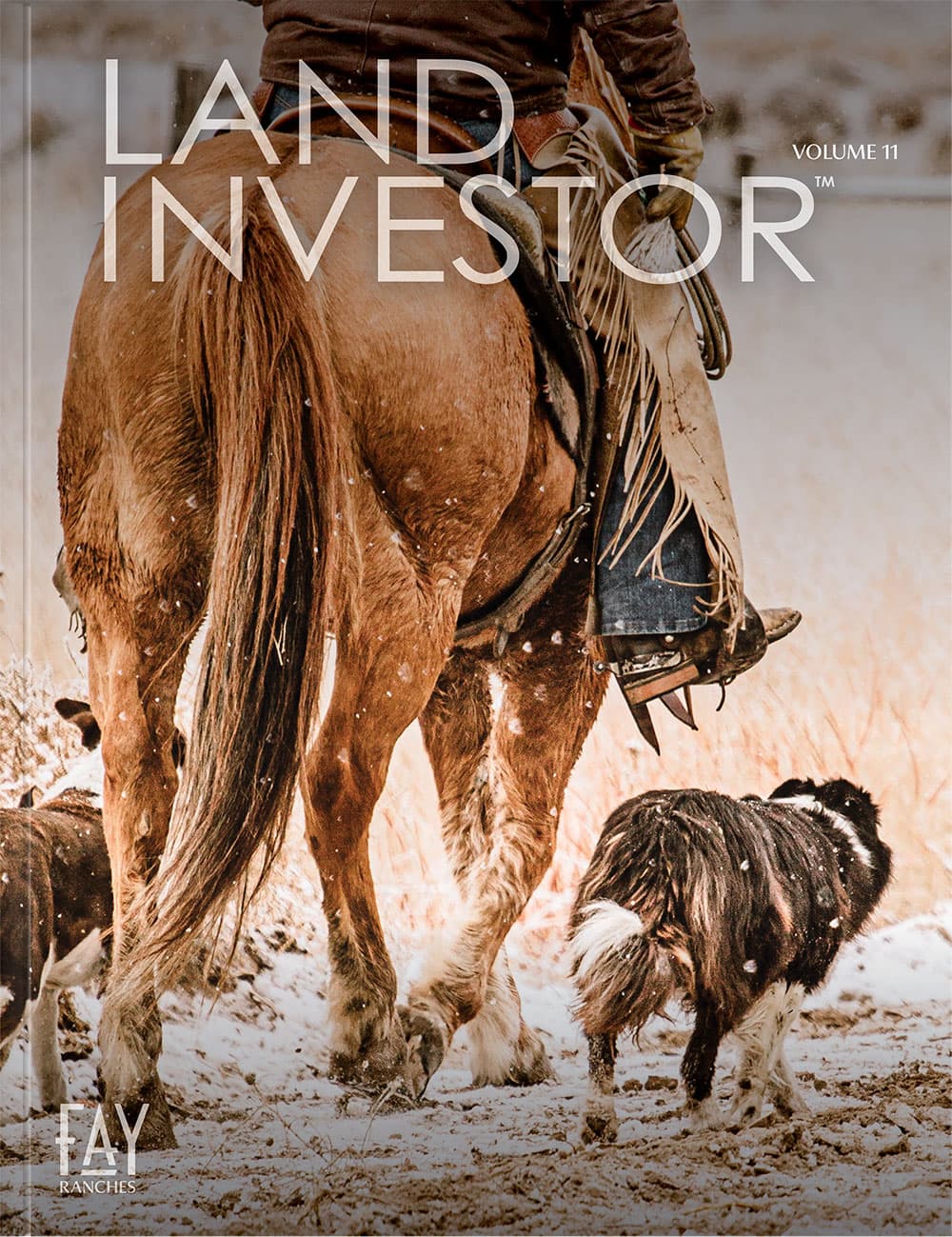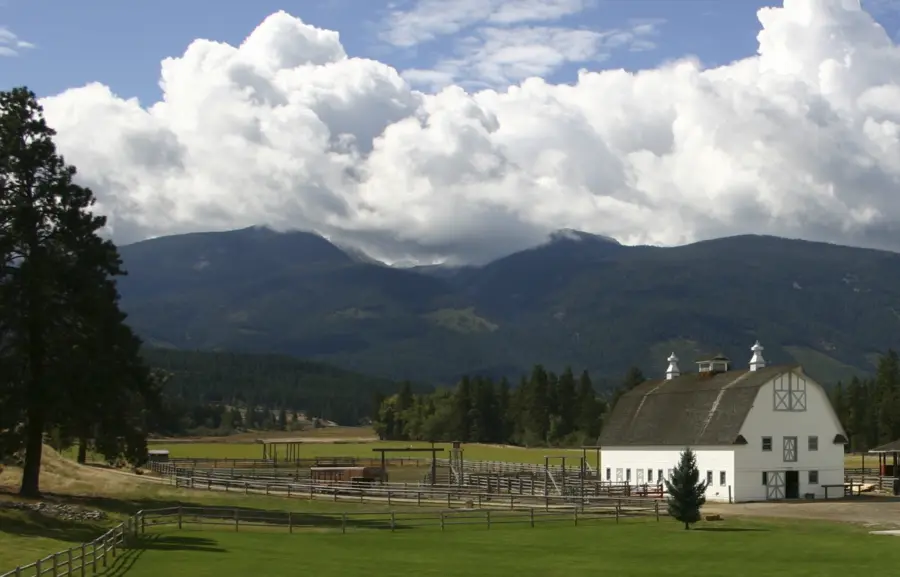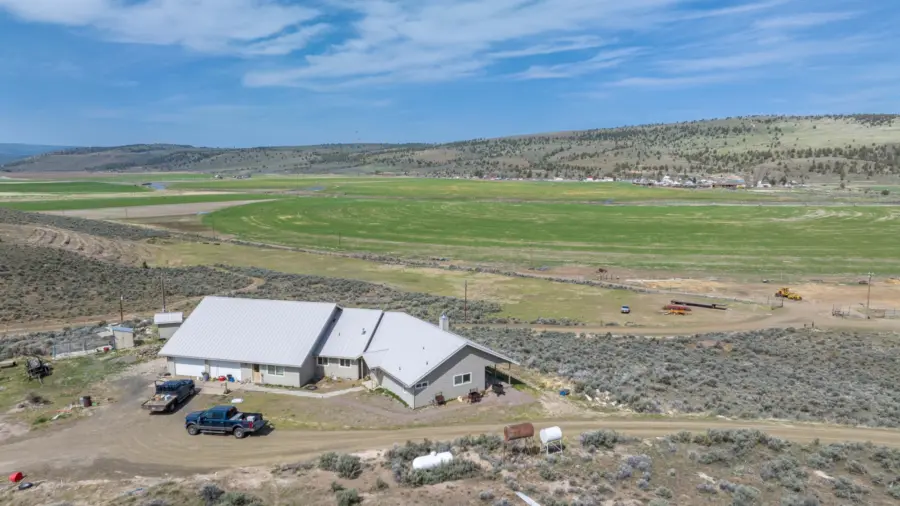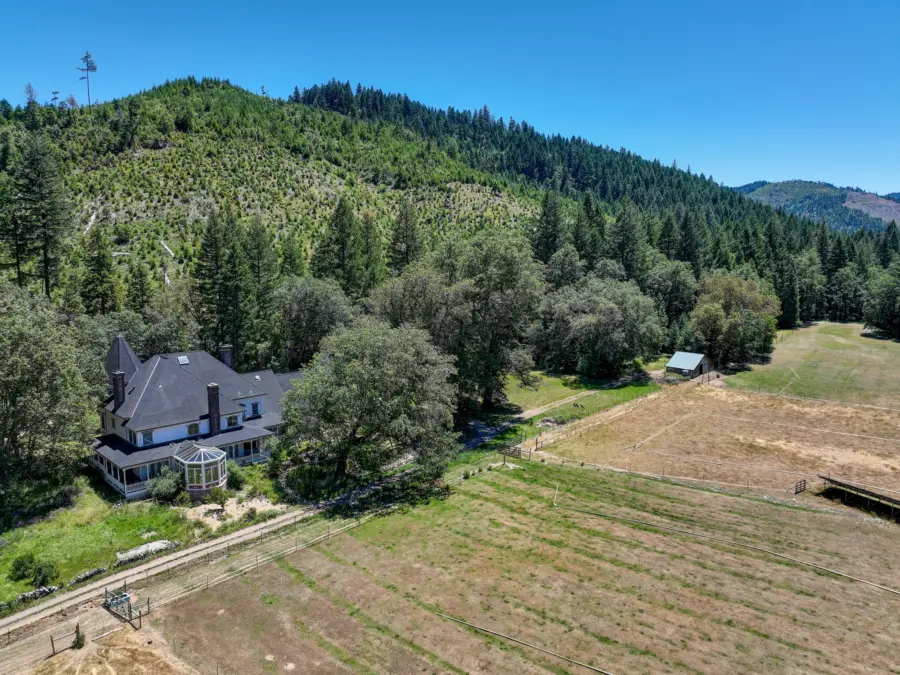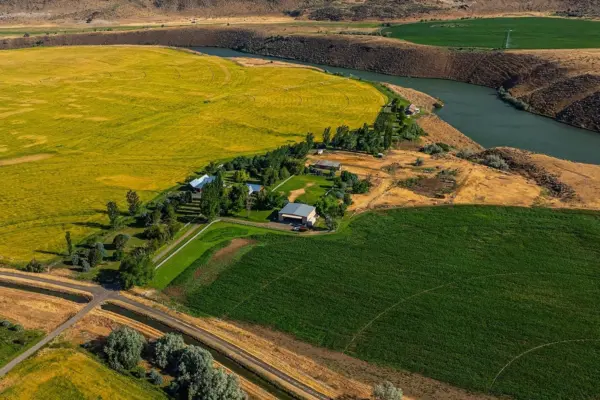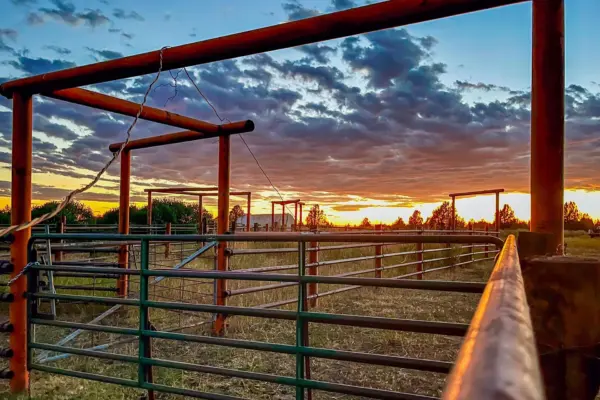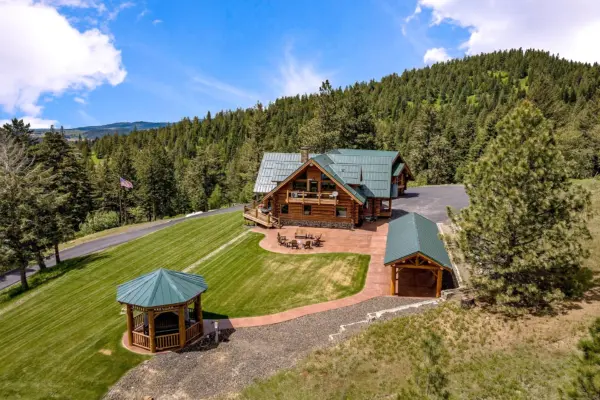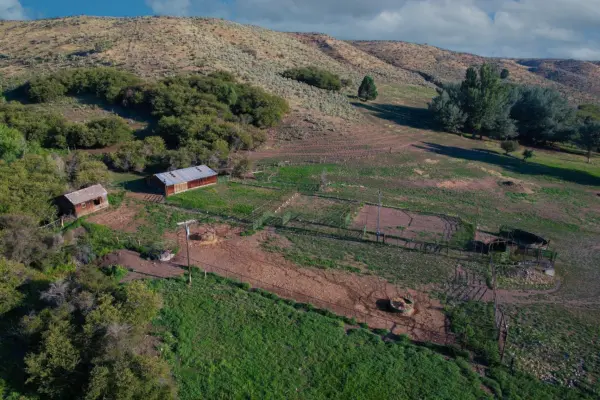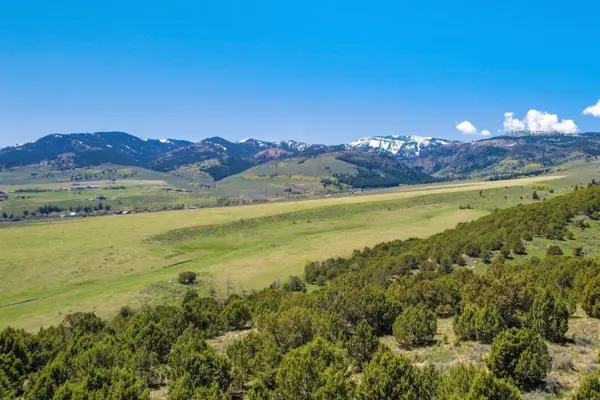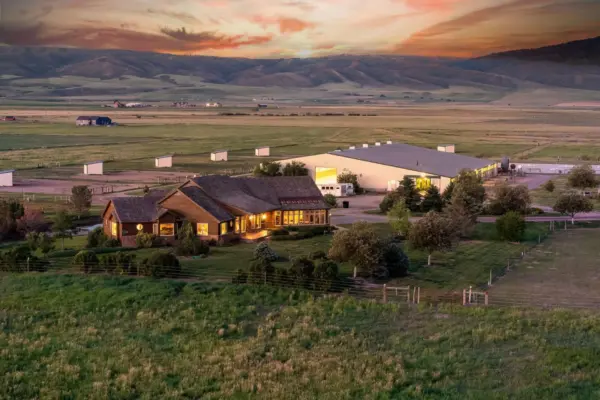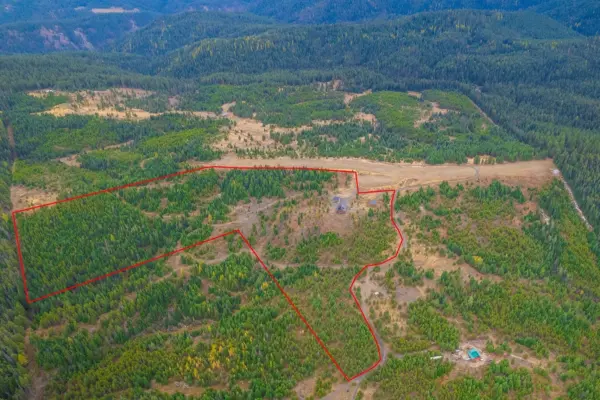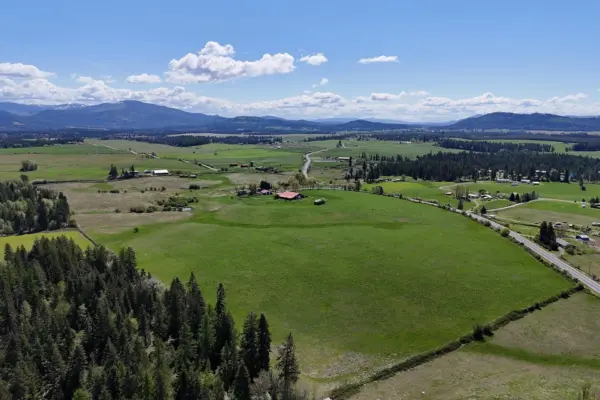What is a Like-Kind 1031 Exchange?
Posted: Thursday, May 11, 2023
Author:
Bob Goodson, Regional Sales Manager UT, ID, WY, MT, First American Exchange
A 1031 exchange allows you to preserve wealth through reinvestment of “like-kind” property. Knowing some basic rules behind Internal Revenue Code 1031 can help investors defer paying capital gain tax on property dispositions, resulting in more money to invest in new property acquisition. Generally, any real property can be exchanged, provided it is held "for productive use in a trade or business" or for "investment" and is exchanged for property of "like-kind" that will also be held for one of these same purposes.
When dealing with real estate, the definition of “like-kind" is quite broad, and like-kind exchanges are valid between and among several different types of investment property, including bare land, commercial property, industrial buildings, retail stores, apartments, and duplexes.
